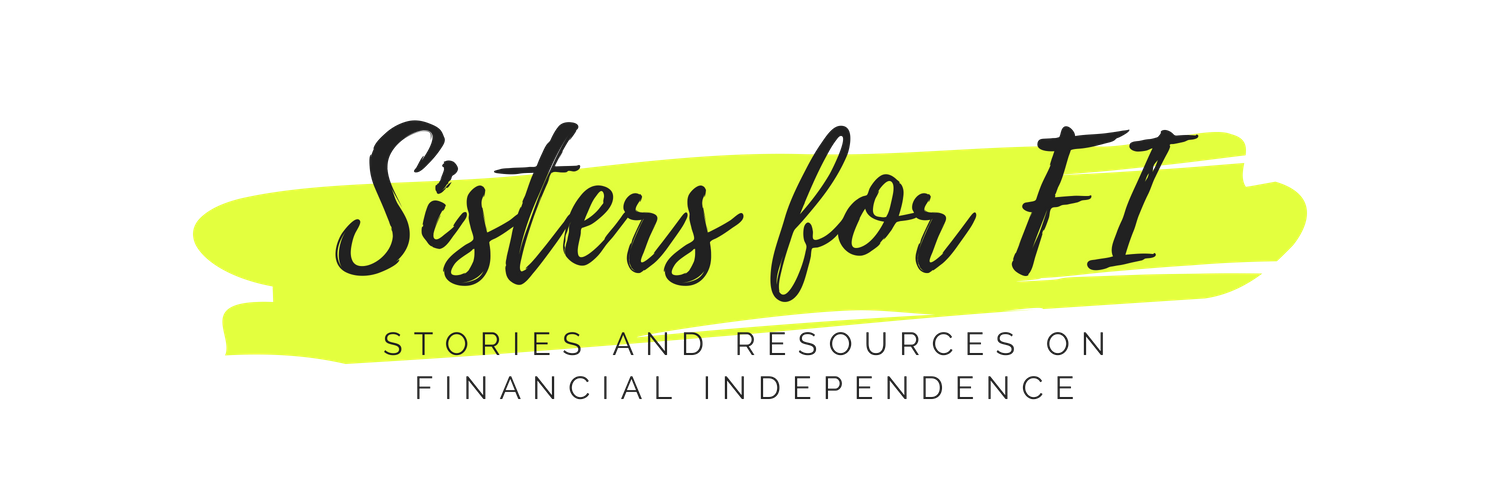A Guide to Finances: High School or College Student
A Guide to Finances: High School or College
Right now, money may be the last thing on your mind, but it’s important to prepare yourself for the years ahead. Understanding some basic personal financial concepts can ensure you spend more time enjoying adulthood instead of stressing about money.
A Guide to Finances: High School or College Student - Invest in Your Financial Education
1. Take A Few Personal Finances Class
You don’t know what you don’t know.
Make it a point to take at least a personal finance class or accounting class in high school. The good news is that many school districts are making personal finance classes mandatory. The bad news, not all school districts have it. Take it upon yourself to learn more about how to manage money, invest and build a future that is rich and abundant.
A Guide to Finances: High School or College Student - Understand Needs vs. Wants
2. Understand Needs vs. Wants
The world is constantly telling us to get the latest, shiny thing. Upgrade to this, upgrade to that. If we are not careful, we will always be chasing the next best thing and each time we do so, it will cost us a little bit of our future Financial Independence.
Review your expenses one at a time, determine if they are a need or a want. You can do this by tracking your daily expenses for a week. What’s important? What can you do without? What can you get cheaper? What can you share with peers?
If you are living at home or in a dormitory, chances are most of your expenses are covered by your parents or your loans. Remember that the debt you take on today means you have to use tomorrow’s time to pay for it.
A Guide to Finances: High School or College Student - Get Comfortable with a Budget
3. Get Comfortable with a Budget
Budgeting is all about knowing where your money is going. You control your money, not the other way around. Each dollar should have an assignment. Budgeting allows you to see how much things truly cost. Budgeting allows you to see how much of your money is going to certain things. Budgeting allows you to recognize duplicate expenses.
Money is fungible, meaning it can be moved from one place to another. Budgeting may show overspend in one category, but not another and this is OK. Budget adjustments are perfectly OK.
Create a budget for yourself. Include items like your cell phone, dining out, clothing, etc. Even if you don’t pay for these things yourself, it’s good to know how much these costs and how much you’ll need to earn to buy them in the future.
A Guide to Finances: High School or College Student - Automate Your Planned Savings Accounts
4. Create Planned Savings Accounts
Planned Savings Accounts are a way to distribute your savings so you know exactly how much is in each bucket. These are for things that have a high likelihood of happening in the future. We recommend using Capital One or Ally or any other bank that allows you to setup an account online easily, has higher than average interest rates and supports the creation of multiple savings accounts without extra fees. Automate contributions as often as needed. Right now, you may be earning money from a part-time job, it’s important to start setting aside money early on so that you can tap into it in the future.
An example setup may include a separate planned savings account for:
Spring Break (get specific when you name your savings account)
New Computer
New Clothes
12 Step Guide to Getting Your Finances in Order: Review Your Credit Score & History Yearly
5. Build Your Credit
Every financial move you make for the rest of your life will somehow be linked to your credit history and to your FICO score. Your FICO score is based on your spending and bill paying habits, as well as your overall debt load. It will determines the interest rate you will pay on your credit cards, car loan, and home mortgage, as well as whether you will be able to get a cell phone or have your application for a rental apartment accepted.
Get a job as doing so will help you understand how money is earned and spent.
Get added as an authorized user to your parents credit card. The primary card user’s responsible card use can help boost your credit.
Obtain a secured credit card. Secured credit cards require a security deposit that dictates your line of credit — for instance, a security deposit of $300 would get you a $300 credit limit.
A Guide to Finances: High School or College Student - Know and Have a Plan of Action for Your Debt
6. Know and Have a Plan of Action for Your Debt
It’s important to know what kind of debts you owe. List student loans, car loans, private loans (anything owed to parents or family members), etc. along with their interest rates, minimum payments and repayment windows. Tackle the debt with the highest interest rate first. Pay the minimum on all other debts. Put any additional money towards reducing your debt.
Articles to read on debt:
Want More Tips, Download These Guides
15 Hack to Reach Financial Independence
Get the FI/RE Hacks eBook
New Grad’s Guide to Financial Independence









